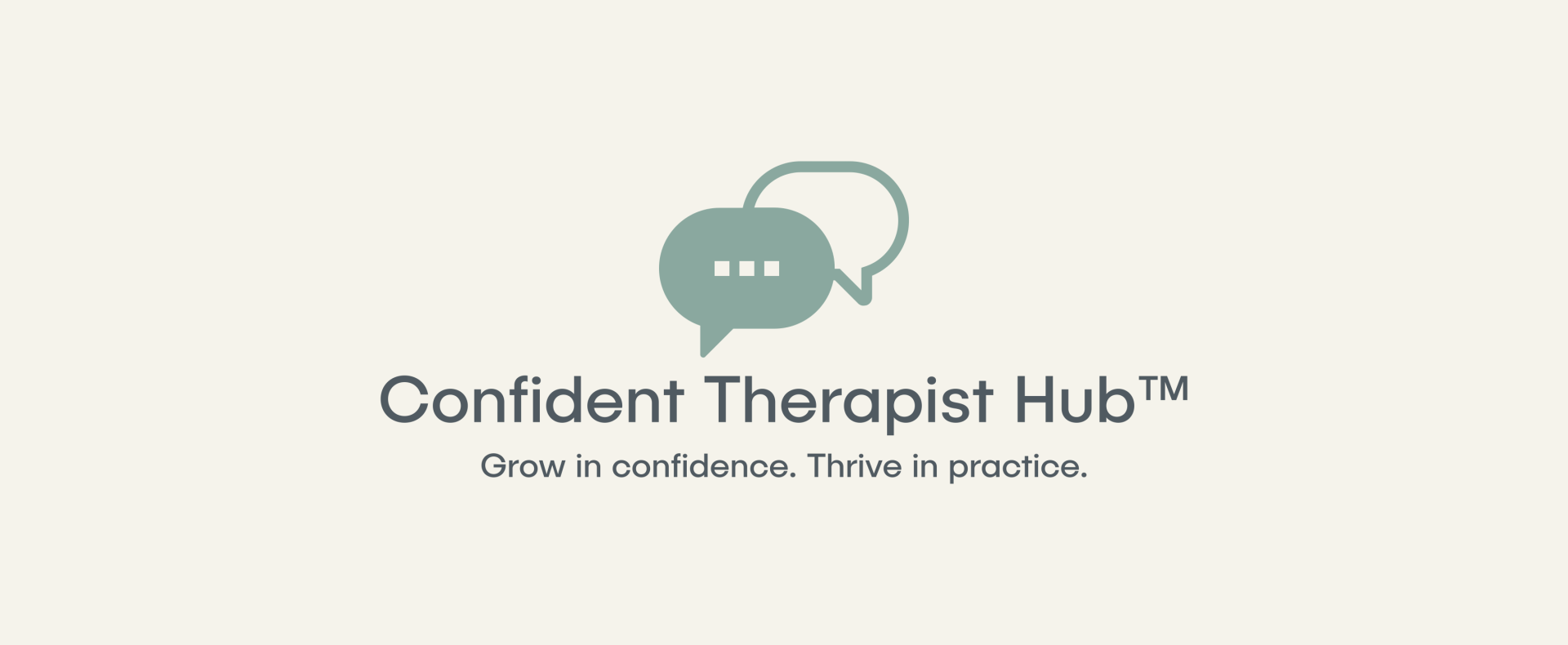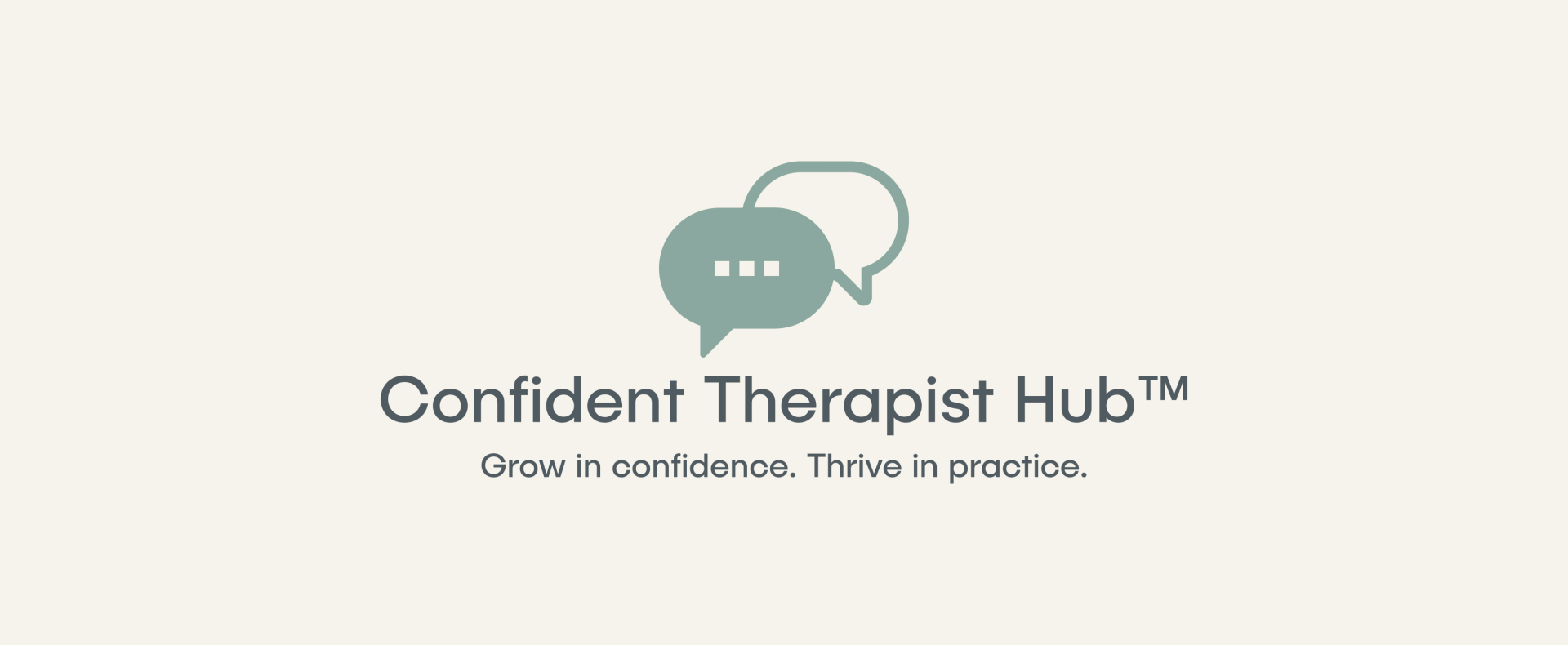When Self-Doubt Disguises Itself as Humility
Oct 5
/
Joel Bild
Self-doubt rarely announces itself.
It often dresses up as something we value - humility, reflection, care.
You might hear it whisper:
“Who am I to say that?”
“Someone else would do this better.”
“I don’t want to seem arrogant.”
These sound like the voices of modesty. But sometimes, they’re the quiet language of self-doubt.
When humility becomes self-erasure
Healthy humility makes space for others.
Self-doubt makes you shrink yourself out of the picture entirely.
You might notice it when you:
- Downplay your skills in supervision - not to stay open because you fear being “found out.”
- Avoid sharing an idea in a group meeting, telling yourself you’re “just being reflective,” when really you’re afraid it might sound foolish.
- Deflect praise from clients or colleagues — “Oh, it was nothing” - because accepting it feels undeserved.
That’s not true humility. That’s self-doubt in disguise, keeping you small so you don’t risk exposure or judgment.
What humble confidence looks like
Humble confidence feels different in the body. It’s steady, grounded, and quietly assured. It doesn’t need to prove or perform.
You might recognise it when you:
- Speak from your experience while staying open to others’ perspectives.
- Accept a compliment with warmth rather than deflection: “Thank you - I worked hard on that.”
- Own your mistakes without collapsing into shame or defensiveness.
- Know your limitations, but also your value.
Humble confidence doesn’t shout.
It stands.
It holds both self-awareness and self-trust - the awareness that you don’t know everything, and the trust that you know enough to keep learning, helping, and growing.
Reclaiming confidence from self-doubt
This is core to our work at the Confident Therapist Hub, where we’ve developed the Confident Therapist Framework™ - highlighting four areas of confidence and wellbeing that therapists can navigate through our learning: Inner Confidence, Outer Confidence, Skills Confidence, and Business Confidence.
One of our foundation courses - the 4-hour CPD Overcome Imposter Syndrome - helps therapists understand imposter feelings, reframe self-critical thoughts into grounded confidence, and strengthen professional self-trust and presence.
Because confidence, at its best, isn’t arrogance. It’s integrity. It’s standing in your truth without apology - and staying open without disappearing.
This is core to our work at the Confident Therapist Hub, where we’ve developed the Confident Therapist Framework™ - highlighting four areas of confidence and wellbeing that therapists can navigate through our learning: Inner Confidence, Outer Confidence, Skills Confidence, and Business Confidence.
One of our foundation courses - the 4-hour CPD Overcome Imposter Syndrome - helps therapists understand imposter feelings, reframe self-critical thoughts into grounded confidence, and strengthen professional self-trust and presence.
Because confidence, at its best, isn’t arrogance. It’s integrity. It’s standing in your truth without apology - and staying open without disappearing.
Because confidence, at its best, isn’t arrogance.
It’s integrity.
It’s standing in your truth without apology - and staying open without disappearing.
Confident Therapist Hub
Grow in confidence. Thrive in practice.
This article was developed with the assistance of AI writing tools and carefully reviewed by the Confident Therapist Hub team in line with our AI Use Policy.



